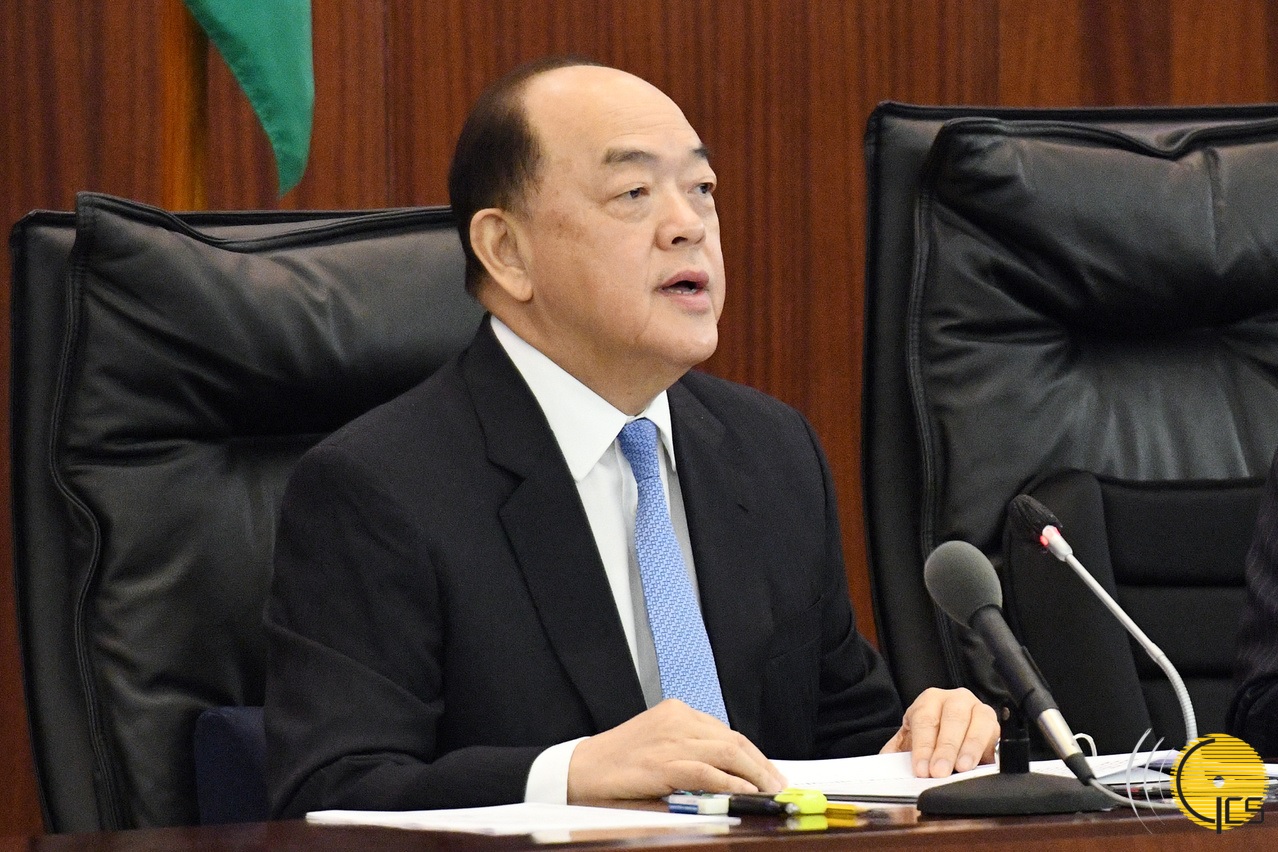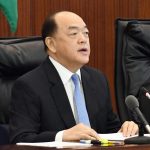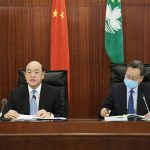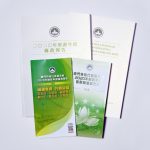 The Chief Executive, Mr Ho Iat Seng, delivers the Policy Address for the Fiscal Year 2020 at the Legislative Assembly.
The Chief Executive, Mr Ho Iat Seng, delivers the Policy Address for the Fiscal Year 2020 at the Legislative Assembly.
The Chief Executive, Mr Ho Iat Seng, today said Hengqin island in Zhuhai, Guangdong Province, would be a prominent platform for Macao to play an active part in the Guangdong-Hong Kong-Macao Greater Bay Area; while Macao further integrated in general terms into the national development effort.
Mr Ho shared his insights this afternoon at the Legislative Assembly when he delivered the Policy Address for the Fiscal Year 2020.
The Policy Address, titled “Forging Ahead Towards New Horizons”, has a chapter dedicated to Macao’s effort on integrating into national development and the fostering of local economic diversification.
The Chief Executive also outlined initiatives in the Policy Address regarding how to enhance Macao’s positions and functions in the country’s economic development and the country’s work on opening up.
During the Legislative Assembly session, Mr Ho noted Hengqin was a location that was convenient and appropriate in terms of Macao’s effort at economic diversification. Macao would spare no effort in its cooperation with the Guangdong Government and the Zhuhai Government regarding collaboration in relation to Hengqin.
The Government would develop high-level planning in Macao regarding further broadening the outlook of Macao people – in a spirit of reform and innovation – regarding the development of a Guangdong-Macao intensive cooperation zone planned in Hengqin.
The intensive cooperation zone in Hengqin would be positioned to develop as a free economic zone. It would have international standards with regard to market operations, investment and trade rules, and financing systems. The effort would aim to create a business environment in the intensive cooperation zone that would be comparable to Macao. The Macao and Guangdong authorities would work closely to create an innovative customs-clearance model and to remove institutional barriers, so as to promote a freer and more orderly flow of relevant resources.
While at the Legislative Assembly, Mr Ho detailed several functions and roles envisioned for the intensive cooperation zone in Hengqin. They included:
- exploring the feasibility of developing high-tech industries, and seizing the opportunities arising from the Guangzhou-Shenzhen-Hong Kong-Macao innovation and technology corridor – an initiative mentioned in the outline development plan for the Guangdong-Hong Kong-Macao Greater Bay Area – to build a high-tech hub in the Hengqin intensive cooperation zone. The state key laboratories set up in Macao would play a more active role in terms of leading technological development and talent development.
- giving full play to Macao’s role as a platform for cooperation between China and Portuguese-speaking countries. With Macao’s advantages on ship registration, Macao and Hengqin could jointly promote marine cooperation between China and Portuguese-speaking countries. Macao and Guangdong would explore the possibilities for establishing in the intensive cooperation zone within Hengqin e-commerce and cross-boundary trade sectors serving China and Portuguese-speaking countries. Macao and Guangdong would also look at the feasibility of building an international trade centre serving China and Portuguese-speaking countries, to further their economic and trade ties.
- expediting the development of Macao as a world centre of tourism and leisure, complementing Hengqin’s position as an island for international tourism and leisure. Macao and Guangdong would jointly develop a greater number of tourism products to facilitate multi-destination travel.
- expediting the establishment of a multicultural exchange and cooperation base with an emphasis on Chinese culture. Hengqin would encourage its film and television industries and other cultural and creative industries to explore Macao’s profound history and culture, particularly its Chinese and Western characteristics. The Hengqin intensive cooperation zone would explore development of a leisure sports sector by serving as a platform for exchange and cooperation between China and Portuguese-speaking countries.
- developing “Macao-branded” industries and facilitating Macao’s effort for industrial transformation and upgrade. Industries relatively with high added value and less energy consumption and pollution – such as traditional Chinese medicine, food and dietary supplements – would be a priority.
- establishing a financial services platform between China and Portuguese-speaking countries. The intensive cooperation zone within Hengqin would have facilities to promote innovative financial services and technology. Macao would strive to lower the threshold for Macao banks, insurance providers and other financial institutions to establish business in Hengqin, in order to realise free flow of capital between Macao and Hengqin. The Hengqin intensive cooperation zone would be positioned as a cross-boundary renminbi-clearing centre. Macao and Guangdong would study the feasibility of a securities market denominated and cleared in renminbi, in order to promote development in modern financial services.
The Chief Executive said Hengqin was a path to new opportunities regarding Macao’s pursuit of further development. Mr Ho also shared his belief that Hengqin could become an open and innovative city with high-quality municipal services and sound environmental conditions.
While advancing connectivity of infrastructure between Macao and Hengqin, the Government would gradually extend to Macao residents residing in Hengqin coverage regarding medical services and social security protection. The Government would accelerate development of a residential project in Hengqin specifically for Macao people, enabling them to have access to a variety of things: care services for the elderly, housing, education, and general healthcare services. The residential project would create more convenient conditions for Macao people to use Hengqin as a base either for study, employment, starting a business, retirement, or residence, Mr Ho said.
The 2020 Policy Address is issued in Chinese and Portuguese. It is available for download either from the Macao SAR Government Portal; the website of the Chief Executive’s Office; the Government Information Bureau; or via a dedicated website (www.policyaddress.gov.mo).
Hard copies of the Policy Address are available at the following locations: the Government Head Office Auxiliary Bureau; the Public Information Centre; the headquarters of the Municipal Affairs Bureau; the Macao Central Library; the Macao Post and Telecommunications Bureau; the Government Information Bureau; and the Government Printing Bureau.




